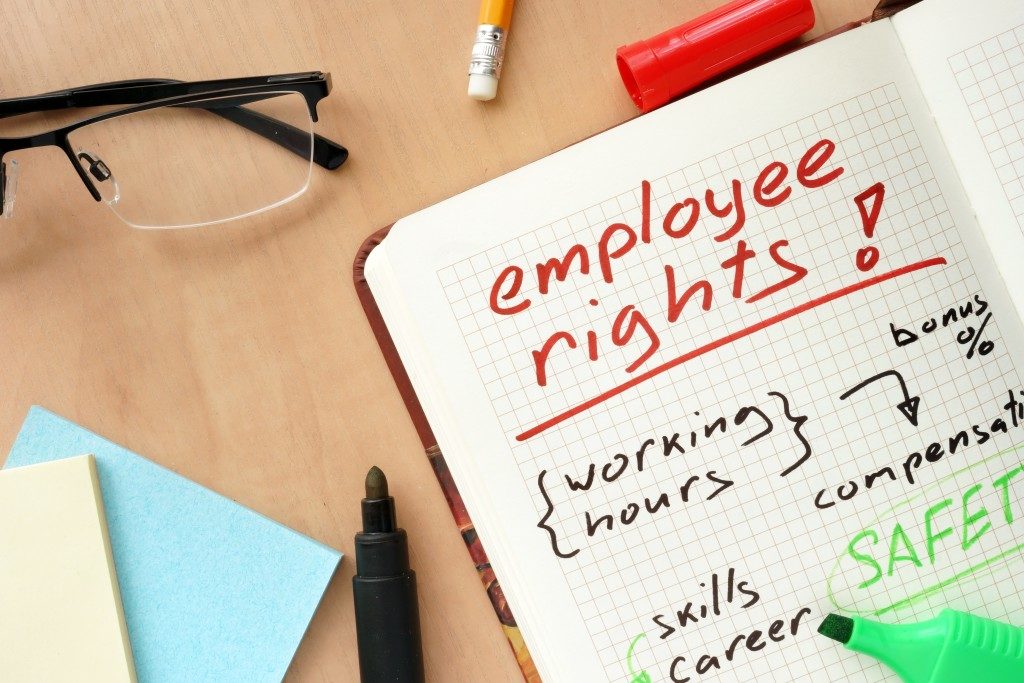- White-collar crimes are non-violent, financial offenses with serious legal consequences, including fines and imprisonment.
- Expert legal representation is crucial to navigate the complex legal process and protect defendants’ rights and reputations.
- A robust defense strategy involves evidence gathering, negotiation with prosecutors, and comprehensive trial preparation.
- Presumption of innocence, a fundamental principle, helps defend against allegations until proven guilty beyond a reasonable doubt.
- Safeguarding professional reputation and minimizing the impact of allegations is essential to mitigate potential consequences.
White-collar crime is financial misconduct perpetrated by professionals, including business executives, bankers, and entrepreneurs, to gain economic benefits. Unlike robbery or theft, white-collar crimes typically involve non-violent, deceptive practices that breach trust and employ concealment.
Despite their seemingly less severe nature, these crimes can have far-reaching consequences, such as substantial fines, imprisonment, and damage to one’s reputation. When individuals face allegations of white-collar crime, they often experience overwhelming distress.
The legal process can be complex and daunting, necessitating the guidance of experienced legal professionals who specialize in handling white-collar crime cases. Obtaining competent legal assistance is crucial when confronted with white-collar crime allegations.
Expert knowledge and strategic defense strategies are crucial in handling complex cases. An experienced attorney can navigate the legal system, protecting the rights of the accused.
This blog post will discuss what you need to know about white-collar crime allegations and how to build a strong defense strategy to protect your rights and reputation.
Understanding White-Collar Crime Allegations
White-collar crimes encompass fraud, embezzlement, money laundering, cybercrime, and bribery. They are often financially motivated and involve sophisticated techniques to conceal illegal activities. The following are some examples of white-collar crimes that individuals may face allegations for:
Types of White-Collar Crimes
White-collar crimes are vast, from securities and banking violations to healthcare fraud. Some of the most common white-collar crimes are money schemes, embezzlement, tax evasion, and identity theft. Understanding the specific charges against you is essential to build a solid legal defense.
The Accusation Process
If accused of a white-collar crime, the initial step is an investigation by a federal, state, or local law enforcement agency. The prosecutor will gather evidence and testimony to build a case. After the research, the government will decide whether to file criminal charges.
Legal Implications for Defendants
The legal implications of white-collar crime charges can be severe. Besides fines and imprisonment, if you are convicted of such a crime, you may face significant penalties, such as losing your professional license, forfeiture of assets, and a ruined reputation.
Building a Strong Defense Strategy
When confronted with white-collar crime allegations, building a robust defense strategy encompassing every aspect of your case is paramount. This strategy should include the following:
Legal Representation
Experienced legal representation is essential in white-collar crime cases. With their expertise and experience, a knowledgeable criminal lawyer can skillfully develop a comprehensive defense strategy tailored to the specific allegations against you.
They can negotiate with prosecutors, meticulously investigate the evidence, and even gather additional evidence to bolster and fortify your case. By leveraging their deep understanding of the legal system, they can provide you with the most robust possible defense to protect your rights and interests.
Evidence Gathering and Analysis
To build a strong defense, gathering and analyzing evidence is crucial. Your legal team will investigate, looking for weaknesses in the government’s case. They may hire expert witnesses, like forensic accountants and financial analysts, to discredit the prosecution’s evidence.
Negotiating with Prosecutors
Negotiating with prosecutors is a crucial aspect of building a solid defense strategy. Your attorney can deal with the prosecutor to reduce the charges against you or pursue alternative sentencing, such as community service. Sometimes, they can even convince the prosecutor to drop the charges entirely.
Preparing for Trial
If your case goes to trial, your legal team will prepare a comprehensive defense strategy and present evidence to discredit the prosecution’s evidence. This can include cross-examining witnesses and presenting your evidence to persuade the jury or judge to find you not guilty.
Protecting Your Rights and Reputation
In the face of white-collar crime allegations, safeguarding your rights and preserving your reputation becomes crucial. The following can help you protect yourself against the potentially damaging effects of these charges:
Presumption of Innocence
The presumption of innocence is a fundamental principle in American law. It means you are considered innocent until the government proves beyond a reasonable doubt that you are guilty.
Your legal team should leverage this principle by discrediting the prosecution’s evidence and presenting your case to undermine their argument.
Safeguarding Your Professional Legacy
White-collar crime allegations can harm your reputation and professional legacy. Protect your reputation by minimizing the impact of the allegations.
Your legal team can assist by negotiating plea deals or pursuing alternative measures like deferred prosecution agreements.
Minimizing Potential Consequences
Developing a solid defense strategy can minimize the consequences of white-collar crime allegations. With experienced legal counsel, you can negotiate with prosecutors to reduce charges or secure alternative sentencing, helping you avoid imprisonment, professional loss, and other significant consequences.
Facing white-collar crime allegations can be a daunting experience. However, by understanding the charges against you, building a solid defense strategy, and working with experienced legal counsel, you can minimize the consequences of the allegations.
Remembering that you have the right to a fair trial and the presumption of innocence is essential.





